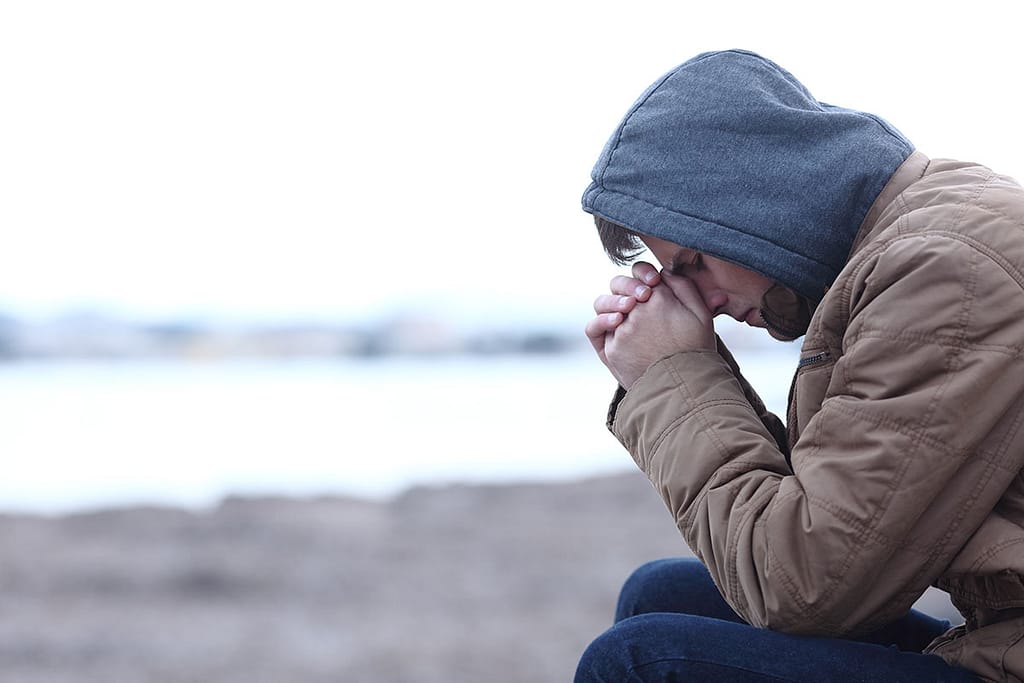If your child experiences depression at the same time each year, they may be suffering from seasonal depression. This condition is a common disorder affecting many teens due to different circumstances. However, if you suspect your child has this mental problem, seek professional help at an adolescent treatment center as soon as possible to manage the situation. While parents may have challenges understanding their teens, some common signs of seasonal depression indicate when your child needs professional intervention. To learn more about our services, contact Foothills at Red Oak today at 866.300.5275.
Signs of Seasonal Depression
Teens may experience the same symptoms as adults, but the difference is that they occur during winter and may fade in spring. For most teens, the patterns are predictable, but the severity of symptoms varies. Here are the five signs of seasonal depression to look out for:
1. Change in Eating Habits
You may notice changes in diet and appetite in a teen with this disorder. In most cases, the adolescent may crave carbohydrates, such as sugary foods, or even develop a habit of overeating. Excessive eating can lead to weight gain. The child may become self-critical and depressed because of such sudden body changes.
2. Mood Changes
Mood changes are familiar with people struggling with seasonal depression. During a particular time of the year, such teens become irritable and display feelings of sadness. The situation can make them feel worthless and hopeless. Some teens become more sensitive to issues like criticism, causing them to overreact.
3. Social Isolation
You may notice a reduced interest in the activities your child loves to do. The situation occurs because the teen may feel dissatisfied, guilty, and overwhelmed. Social isolation is whereby the teen does not want to interact with friends. When left untreated, the condition can cause the teen to ignore extracurricular activities.
Isolation is a sign of seasonal depression in teens that confuses the parents and teachers. They may think the teen is just going through the rebellious phase without realizing that the situation is much worse.
4. Change in Sleep Patterns
Children with depression tend to sleep for more hours due to tiredness and low energy. Look out for persistent and unexplained fatigue. It could be a sign of depression. The change in sleep patterns makes them have difficulties waking up in the morning for school. Also, learning during lessons and participating in other academic activities becomes challenging.
Other medical issues, like mononucleosis, hypoglycemia, and hypothyroidism, may cause low energy levels and tiredness. It is vital to consider medical checkups to establish whether your child is battling teen depression.
5. Lack of Concentration
Seasonal depression in teens reduces their concentration ability, which is often reflected in academic performance at school. Depressed teens may lack motivation and fail to complete assignments as required. Such issues cause their grades to drop, and teachers can note such unusual changes.
Some ways of boosting concentration include:
- Eating right
- Having a sleep routine
- Asking for help when necessary
- Exercising to increase alertness
- Following the recommended treatment methods
Get Help for Seasonal Depression at Foothills at Red Oak Recovery
If you notice unusual changes in your child’s behavior during the winter season, probe further into the matter because it could be a sign of depression. Mental disorders can affect the teen in different ways, including lowering self-esteem and reducing learning motivation. If you notice unexplained sadness in your teen, take immediate action and talk to a rehab center for help. An expert can examine teen depression symptoms and recommend proven treatment programs, including:
- Equine therapy
- Family therapy
- Adventure therapy
- Dialectical behavior therapy
- Cognitive-behavioral therapy
Do not let your child continue suffering. Seek professional intervention for the right seasonal depression treatment program. Contact Foothills at Red Oak Recovery today at 866.300.5275 for consultation.





